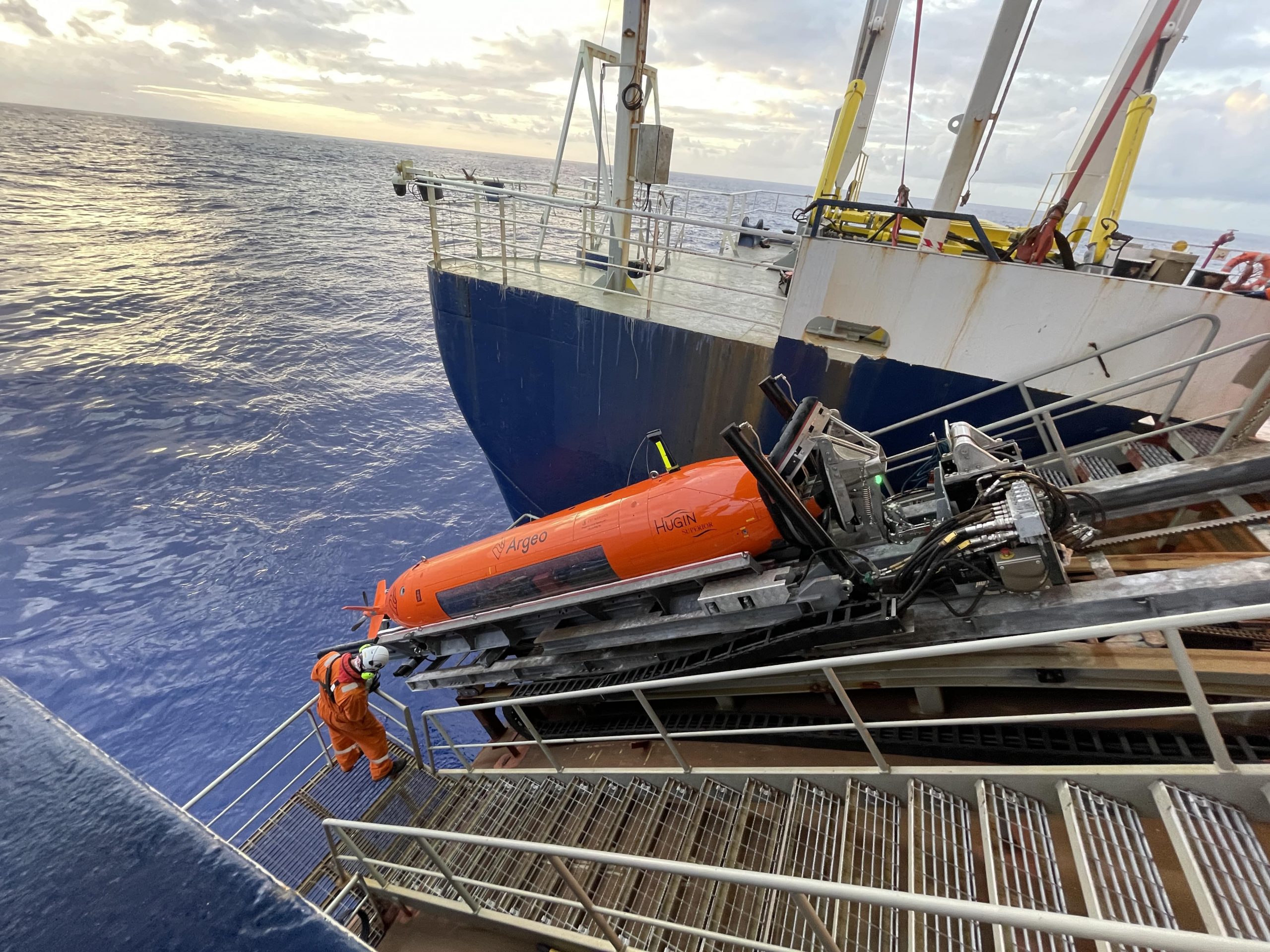Scientists from Goa-based National Centre for Polar and Ocean Research (NCPOR) have embarked on their third voyage to the Indian Ocean aboard Argeo Searcher this May. The mission is aimed at locating hidden treasures of critical mineral deposits under the government’s Deep Ocean Mission.
The team will spend a month at sea surveying the 15 sites where scientists expect to find polymetallic sulphide deposits. These are sources of critical minerals like Copper, Zinc, Manganese and Nickel, and are found near the naturally existing Hydrothermal Vents in the deep sea at a depth of almost 5,000 metres.
“This is our third team which is going out to do the deep-sea survey and mapping since we started our expeditions this February. Typically, each voyage lasts almost 45 days, however, this time the weather has been slightly rough. It’s causing a bit of a problem. So, we might have to extend the exploration phase, once the current team returns,” said Dr Thamban Meloth, director, NCPOR. “It is extensive work – almost like looking for a needle in the haystack. There is a great deal of data which needs to be thoroughly studied. It could take months to precisely pinpoint the location of these deposits. Once this is completed, we will use a Remotely Operated Vehicle (ROV) to collect samples from the deep-sea for ground truthing.”
Rs 118 CR CONTRACT WITH NORWEGIAN COMPANY
Last year in November, NCPOR signed a Rs 118 crore contract with Norway-based company Argeo for their specialised research vessel Argeo Searcher and Autonomous Underwater Vehicle (AUV) with advanced sensor suite to undertake the four-month long exploration project.
In an exclusive interview to News18, Trond F Crantz, CEO Argeo, said the team on-board has so far collected an enormous amount of high-resolution data which is being evaluated by NCPOR. It will act as a starting point for India’s future exploration over its contract area in the Indian Ocean as provided by International Seabed Authority (ISA).
“The RV Argeo Searcher is purposely built for high seas, where rough weather conditions are likely. It is almost 110-metres long with a 40-member crew onboard. It is equipped with AUV Hugin Superior which can dive to a depth of nearly 5,000 metres — almost 10 metres close to the sea-bed. It is one of the most advanced underwater vehicles that we have today, and it took us a long time to get it running,” said Crantz.
INDIA HAS BIG AMBITIONS IN MARINE EXPLORATION: ARGEO CEO
Once the RV sets sail, it travels to a predetermined site in the Indian Ocean where the AUV is dropped into the sea. It is mission-programmed to dive nearly 4,000 metres deep very close to the seabed and scans the site to capture high-resolution images. The 7-metres long AUV can remain functional in the deep sea for nearly 48-60 hours, during which it collects data using a multitude of sensory payloads.
“The entire exercise is data-driven. We can harvest about 10 Terabytes of data in one dive which is enormous. We are in a very early stage at the moment, but all this data will eventually feed into the next stage of exploration for India,” he told News18.
Deep-sea exploration has gained momentum in recent years with countries racing to explore rich massive mineral deposits which are likely to have huge commercial as well as strategic value in the near future.
“In order to get to a more sustainable future in terms of minerals, we need to know where we can find resources in the sea, as terrestrial deposits get depleted. So, our aim is to bring back that data from deep-sea so the countries can better understand the impacts for the marine business and take decisions accordingly. India has a big ambition in the sector, and we have the capability that India needs for its future missions,” he added.
Stay updated with live coverage of Lok Sabha Election 2024 Phase 3 Voting In Karnataka And Gujarat on our website. Get the latest updates, polling trends, result dates and more.









